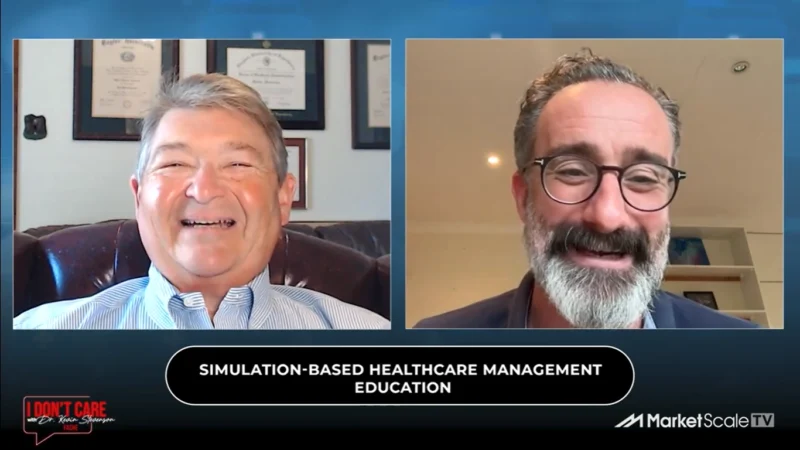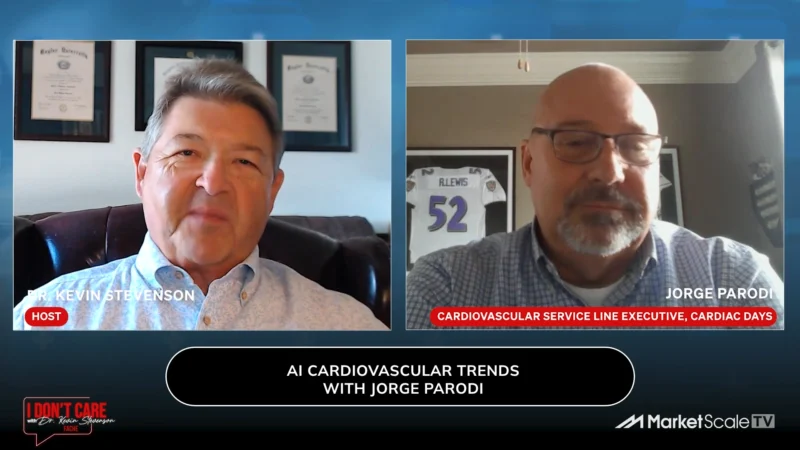Revolutionize Your Practice: Dr. David Norris Shares Insights on Financial Management for Physicians
In the complex world of healthcare, physicians often find themselves at the crossroads of medicine and business, grappling with the dual challenges of financial management and patient satisfaction. Dr. David Norris, with his unique blend of clinical and business expertise, shares his insights on financial management for physicians in the latest episode of I Don’t Care.
What does it take for physicians to be both financially savvy and customer service-oriented? Host Dr Kevin Stevenson dives deep into this question with Dr. Norris, providing valuable perspectives for healthcare professionals.
Main Points of Conversation:
– The Financially Intelligent Physician: Dr. Norris emphasizes the lack of business training in medical education and the need for physicians to understand financial reports, budgeting, and the overall financial health of their practices.
– Great Care, Every Patient: The book focuses on enhancing patient satisfaction through process improvement and understanding the patient’s journey from their perspective.
– Leadership in Healthcare: Dr. Norris hints at his upcoming book, which will delve into effective leadership principles for healthcare professionals.
With a career spanning over two decades in anesthesia, Dr. Norris recognized the gap in business acumen among physicians and pursued an MBA to bridge it. He now shares his knowledge on patient satisfaction and financial management for physicians through writing and consulting, aiming to improve both the financial stability of healthcare practices and the quality of patient care.
Article written by MarketScale.




